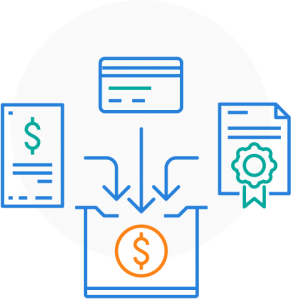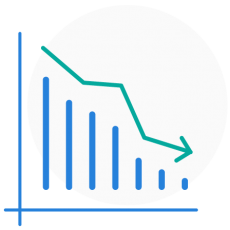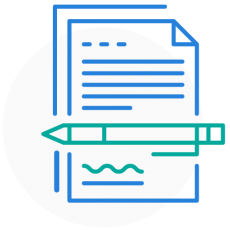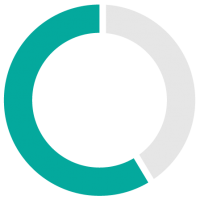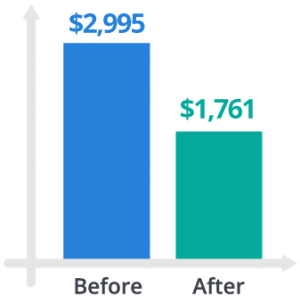Mortgage Refinance
A mortgage refinance is the process of accessing a new home loan to replace an existing one. There are numerous situations why a refinance may make sense:
-
Lower your interest rate
-
Lower monthly repayments
-
Pay down debt or the home faster
-
Unlock equity for various needs




